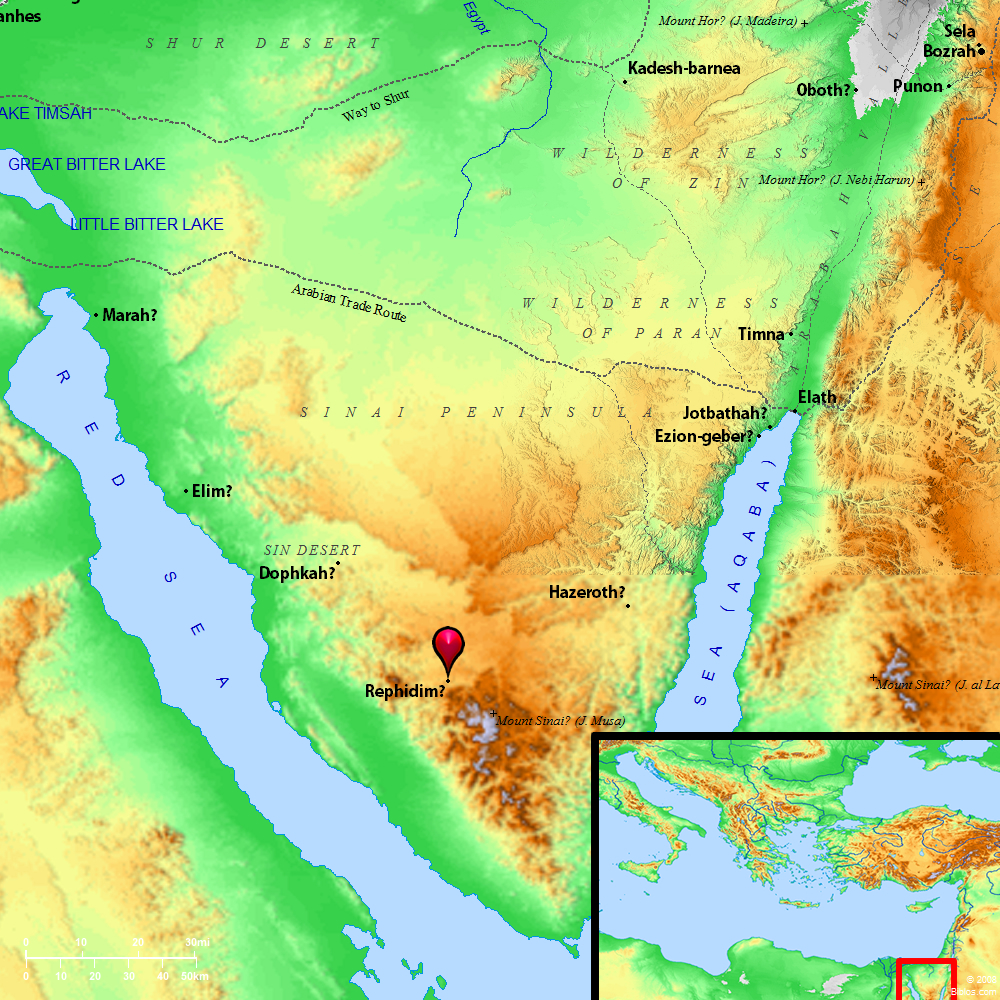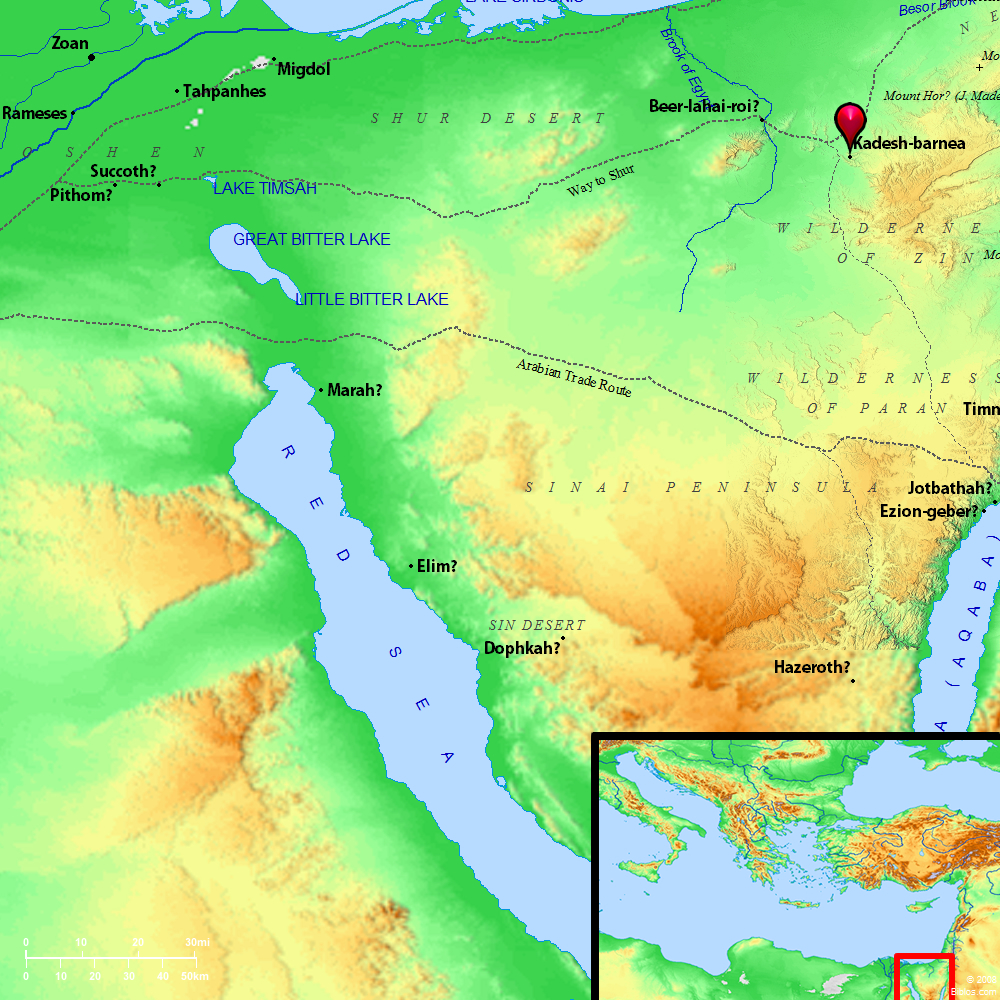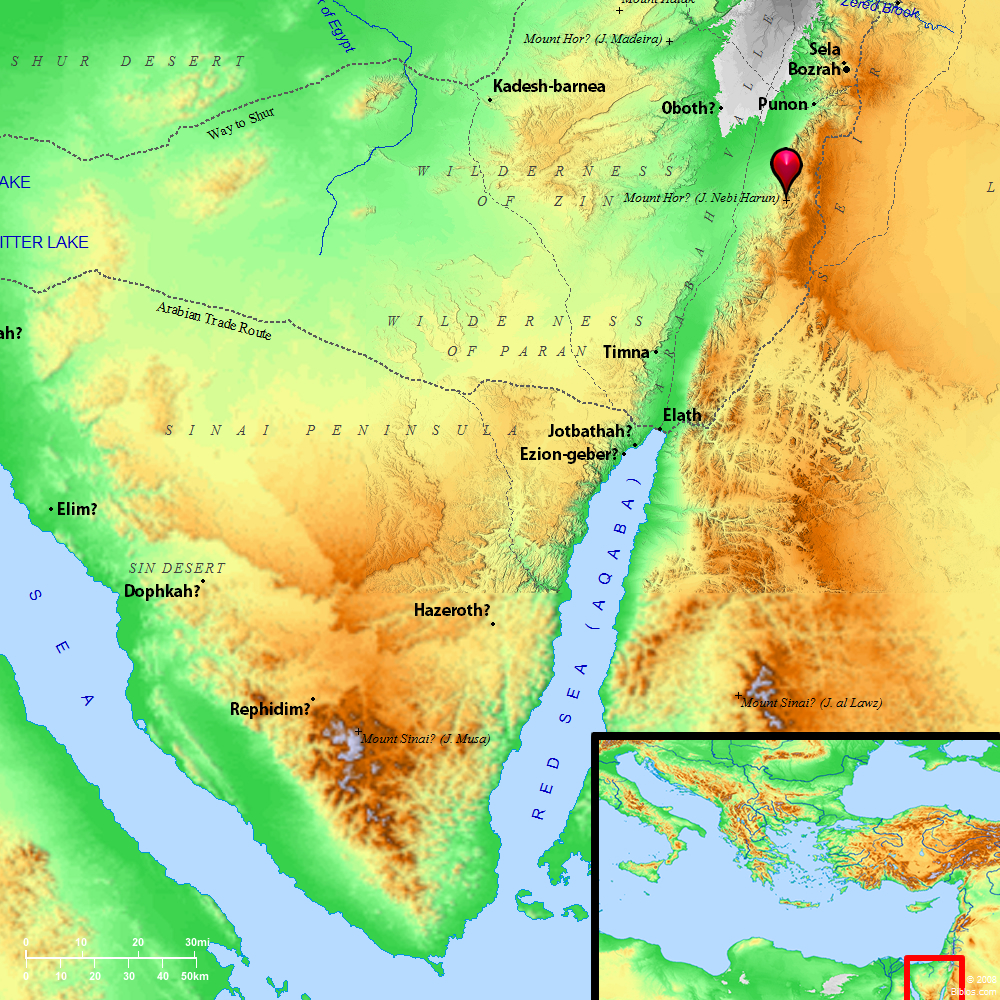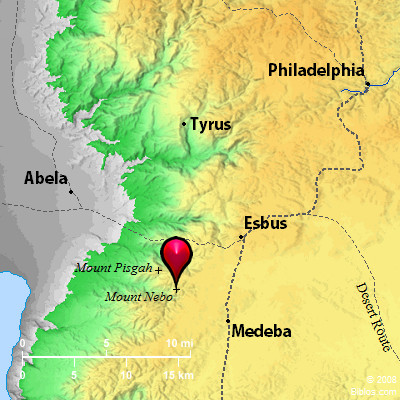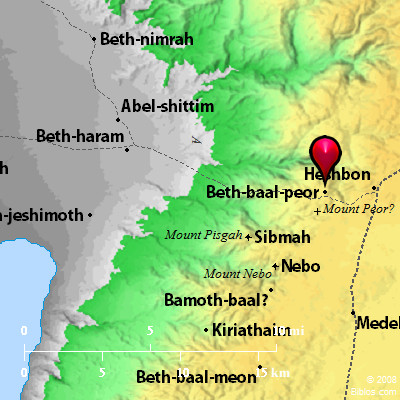To set the stage, here are some definitions to aid our understanding of what is meant by parables which both the Father and His Son used in their teachings:
A parable is usually a short fictitious story that illustrates a moral attitude. Allegory is the expression by means of symbolic fictional figures and actions of truths or generalizations about human existence and a metaphor is a figure of speech in which a word or phrase is applied to an object or action to which it is not literally applicable; a thing regarded as representative or symbolic of something else.
Y'shua spoke in parables many times, telling stories to illustrate spiritual lessons; stories that are to be understood in order to reveal the hidden meaning of what he was teaching. There is no real mystery. He was teaching us to use our 'brain', to think and reason and not just follow the most popular preacher of the day or what was fashionable at the time.
Matthew 13:34
All these things Y'shua spoke in parables to the crowd, and he would not speak to them without a parable, so might be fulfilled the things which was spoken through the prophet who said, "I will open my mouth with parables and will bring out secrets that were from before the foundation of the world." (Psalms 78:2)
In Luke 8 we read the Sower of the Seed parable. He tells his apostles that they are given to know the mystery of the Kingdom of Elohim but to the rest of the people it is spoken in parables because although they see, they will not see, and though they hear, they will not comprehend.
In Luke 10 is a short story told as an example of who's one neighbor really is, which was brought on by the questions a scribe was posing to Y'shua. In Chapter 12 the parables are Master/servant related and we are told to seek the Kingdom of Yahweh and not worry about what we will eat or drink or wear. We are likened to those who wait for their Master to return from the wedding feast, so when he knocks we will readily open the door for him. The explanation of this parable is given: Therefore be ready for when we don't expect it, the Son of man will return. In Chapter 14 is the parable of the man who made a great supper and called on many to attend and many refused to come making various excuses. The Master sends his servant out to get whoever he can to come to this feast so that his house would be full. Just reading that alone makes me think of the time we are told many will be called but few are chosen. Please take the time to read Luke from your copy of Scriptures when you have time.
Onto Chapter 15 which is the reason for this study as it has been used to prove that the "Prodigal Son" represents Ephraim and that Ephraim and Judah will be reunited (two houses become one). If you do a word search using the Bible Hub search window you will discover that the word 'prodigal' isn't found in Scriptures, so that tells me somebody attached it to one particular parable so they could spin their own interpretation of it. Also, take into consideration that Y'shua has told us not everyone will understand.
The term prodigal means wasteful expenditure aka a reckless spendthrift. A spendthrift is someone who is given to spending money freely or foolishly, who is wasteful with money. So yes one could suppose to call this younger son in the parable the prodigal son compared to his older obedient brother, but why spin it beyond Y'shua's lesson? Some folks use quotes found in the writings of Jeremiah to tie it together but even Yahweh used parables, allegories and metaphors long before His Son came on the scene (Like Father like Son).
The term prodigal means wasteful expenditure aka a reckless spendthrift. A spendthrift is someone who is given to spending money freely or foolishly, who is wasteful with money. So yes one could suppose to call this younger son in the parable the prodigal son compared to his older obedient brother, but why spin it beyond Y'shua's lesson? Some folks use quotes found in the writings of Jeremiah to tie it together but even Yahweh used parables, allegories and metaphors long before His Son came on the scene (Like Father like Son).
In Chapter 15 it is the scribes and Pharisees who are none too happy with Y'shua, mumbling, grumbling and accusing him of un-Torah-like behavior; in this case it disgusted them that Y'shua sat among sinners and even ate with them. So Y'shua told them parable #1:
Who among you who has one hundred sheep won't go after the one that has gotten lost, leaving the 99 in the open until you find the one? And when you find it you take it upon your shoulders to bring it home, calling out to your friends and neighbors - Rejoice with me! I have found my sheep that was lost!
He tells the scribes and Pharisees that is what it will be like in heaven over one sinner who repents. The other 99 righteous ones do not need repentance. It also points out that Y'shua didn't come to sit among the righteous but to teach the sinners and unrepentant ones.
Mark 2:16 ~ When the scribes and the Pharisees saw Y'shua eating with these people, they asked his disciples, “Why does he eat with tax collectors and sinners?” On hearing this, Y'shua told them, “It is not the healthy who need a doctor, but the sick. I have not come to call the righteous, but sinners.”
And he told them parable #2:
A women had 10 coins and lost one of them. She does nothing else but search for it carefully until she finds it. And when she does she calls out to her friends and neighbors Rejoice with me! I have found my coin which was lost!
He tells the scribes and Pharisees, likewise, there will be joy before the Messengers of Elohim over one sinner who repents.
To further drive the point home to those hard headed scribes and Pharisees, he tells them parable #3 about a man who had two sons. The younger son asked for his share of dad's estate now instead of waiting for it in due course. He gathered everything that was his share and went away. He ended up wasting all his wealth while living lavishly. He used up everything he had and then famine hit the land and he was in dire straights. He got a job tending swine. He was so hungry he was ready to eat the slop being fed the swine and no one would give to him. He finally came to his senses and decided to go back to his dad's house where he knew servants were fed and he offered to be one of his servants. He confessed to his father that he realized he has sinned against him and Heaven and was not worthy to be called his son. His father's love for him could not be contained as he was elated that his son returned. He put on a feast for the boy. This didn't go over too well with the elder son who knew he had been faithful to his father, doing all the work that was required of him, but never once was he given anything to celebrate with. Dad reassures his elder son of his love, he knows he has been with him all this time and that everything that he has belongs to him as well. But it was right to call out to their friends and neighbors to Rejoice with them, because his younger son who was lost was found.
From these three stories Y'shua is sharing with the scribes and Pharisees (and us) the same message: Rejoice for what was lost has been found. We should be able to see that this points to our old sin natures, we who were lost but now have been found and forgiven our past sinful ways. We who have become redeemed and Set Apart can be left alone while the Good Shepherd seeks out his other sheep. The Father's love is steadfast and true for those of us who return. Those who are already in His household no longer require repentance, but what a joy it is even to the Messengers in heaven when another sinner repents and returns.
Romans 11:25 ~
For I want to let you know about this secret, brothers, so that you will not claim to be wiser than you are: Stubbornness has come to part of Israel until the full number of the Gentiles comes to faith.
What is meant by 'fullness'? The definition found in the Webster Dictionary is:
: the quality or state of being full
: at some point : eventually
Apply this to Scripture and understand that at some point, eventually, more Gentiles (non-believers) will repent of their pagan ways, return to Yahweh, abide by His Instructions and have the testimony of His Son, by faith. As we know, there are many non-believers in the world and not all of them will come into this 'fullness'. The writings in Luke 15 give us a picture of lost souls, sinners who repent, confess their wrongdoings and because of the great love of the Father, they are forgiven and taken back into the fold.
John 10:11 ~ (Y'shua says) I am the Good Shepherd. The Good Shepherd lays down his life for the flock. But a hireling who is not the shepherd nor are the sheep his, when he sees a wolf coming he leaves the sheep and flees. And the wolf comes and plunders and scatters the flock.
John 10:14 ~ I am the Good Shepherd and I know those who are mine. And those who are mine know me.
John 10:16 ~ And I also have other sheep, those who were not from this sheepfold. And also them, it is necessary for me to bring them and they will hear my voice and all the flocks will become one. And there will be One Shepherd.
YHWH's Chosen People are the descendants of Abraham through Isaac and Jacob along with those who have been adopted in: We who come into covenant with the Creator and abide by His Instructions and have the testimony of His Son. It is no longer a tribal thing because when anyone of any background comes into covenant with our Creator we all become part of the House of Israel. We worship YHWH in Spirt and in Truth.
╌╍══╍╌
